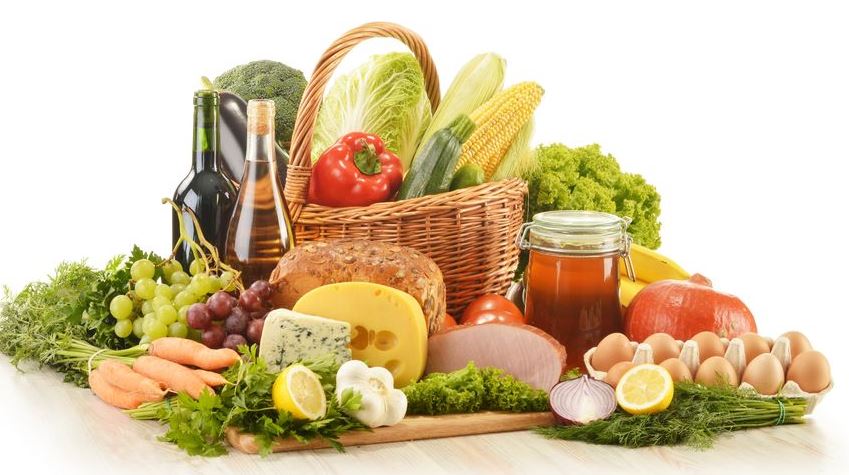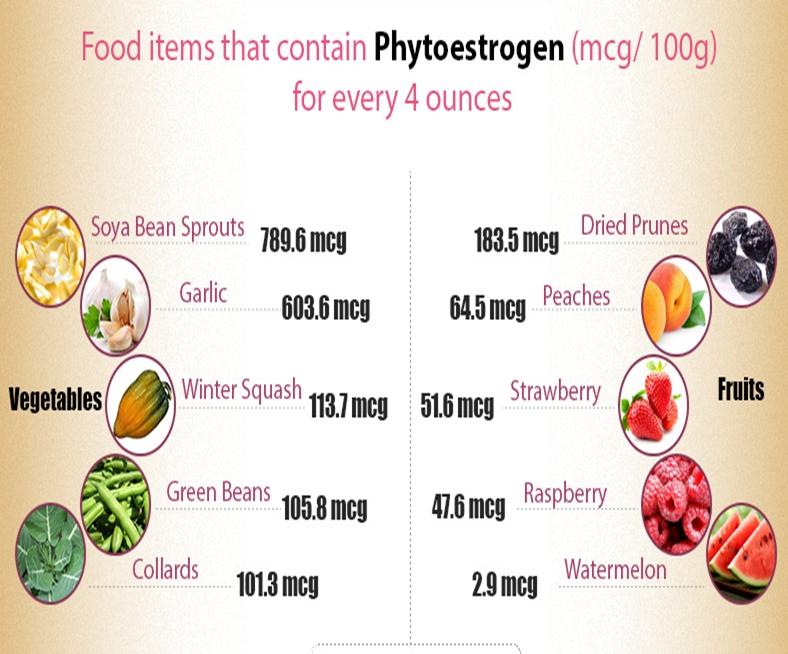The 18th century saw a dramatic increase in agricultural production in Britain, known as the Agricultural Revolution. This surge in food output had several key contributors, transforming farming practices and impacting the course of history. Here are some of the main factors that helped British farmers boost their yields in the 1700s:

Agricultural Innovations:

- Crop Rotation: Traditional methods left fields fallow every few years, depleting the soil. The Norfolk four-course rotation, using turnips, barley, clover, and wheat, kept the soil healthy and productive, maximizing land use.
- Selective Breeding: Farmers used selective breeding techniques to improve livestock size, quality, and milk production. Animals like cows and sheep yielded more meat and wool, providing additional food and resources.
- New Tools and Technologies: Jethro Tull’s seed drill increased planting efficiency and precision, while improvements in plows and tools enhanced land preparation and cultivation.
- Enclosure: Fenced fields replaced open-field systems, allowing farmers to experiment with new practices and control livestock grazing, protecting crops and improving yields.
Economic and Social Changes:

- Increased Demand: Population growth and rising living standards drove demand for food, encouraging farmers to seek new ways to produce more.
- Land Consolidation: Wealthy landowners consolidated land holdings, creating larger farms with the resources to invest in technology and innovation.
- Scientific Advancements: Scientific breakthroughs in areas like botany and chemistry led to a better understanding of soil, fertilizers, and plant growth, paving the way for improved crop management.
The Impact:
The Agricultural Revolution had a profound impact on Britain:
- Increased Food Supply: The surplus food production fueled population growth and improved nutrition, leading to a healthier and more productive workforce.
- Rise of Industrialization: The improved food supply freed up labor for other sectors, contributing to the rise of the Industrial Revolution.
- Social and Economic Transformations: The agricultural shift led to land ownership changes, rural-urban migration, and the emergence of new agricultural and industrial markets.
Overall, the combination of innovative agricultural practices, economic changes, and scientific advancements fueled a remarkable increase in food production in British farms during the 18th century. This Agricultural Revolution not only transformed the country’s food security but also played a crucial role in paving the way for further economic and social development.
I hope this explanation helps! Let me know if you have any further questions.










